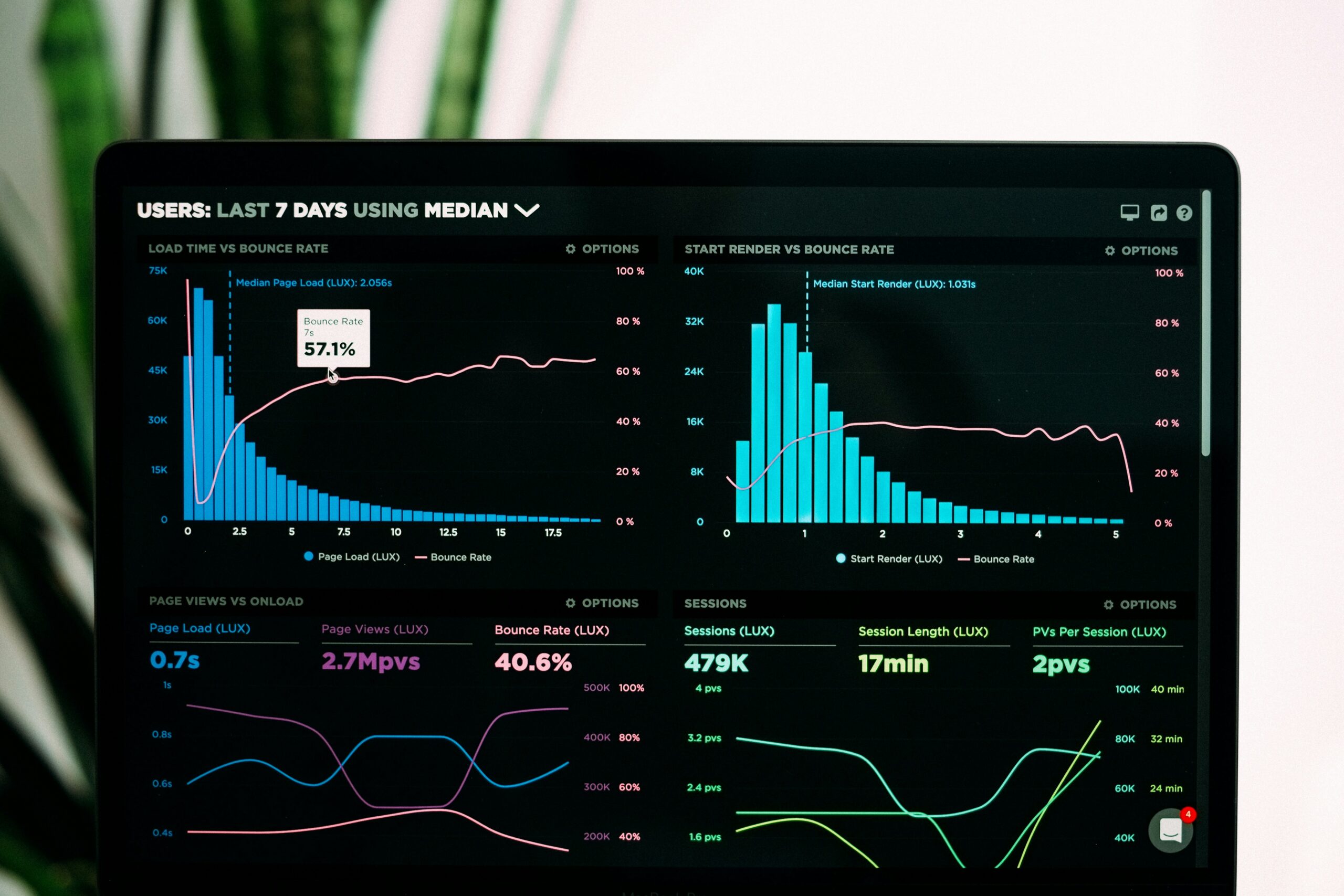How to Get a Job in Data Analysis: Know the Data Analyst Salary
The field of data analysis is experiencing exponential growth, making it an opportune time to pursue a career as a data analyst. If you’re eager to learn how to get a job in data analysis and tap into the lucrative data analyst salary prospects, this comprehensive guide is designed for you. We’ll delve into the essential steps, skills, and strategies to help you land your dream job in data analysis.
Table of Contents
Understanding the Role of a Data Analyst
A data analyst collects, processes, and performs statistical analyses on large datasets. Their insights help organizations make informed decisions, optimize operations, and drive growth.
- Key Responsibilities:
- Gathering and mining data from primary and secondary sources
- Cleaning and organizing data for accurate analysis
- Using statistical tools to interpret data sets
- Identifying trends and patterns in complex data sets
- Creating visualizations and reports to communicate findings
According to the U.S. Bureau of Labor Statistics, employment of data analysts is projected to grow 25% from 2020 to 2030, much faster than the average for all occupations.
Essential Skills Required for Data Analysis
To excel and secure a high data analyst salary, you need a blend of technical and soft skills.
Technical Skills
- Proficiency in Programming Languages: Knowledge of Python, R, and SQL is crucial. Python and R are used for statistical analysis and modeling, while SQL is essential for database management.
- Statistical Knowledge: A strong foundation in statistics enables you to interpret data accurately.
- Data Visualization Tools: Familiarity with Tableau, Power BI, or other visualization tools helps in presenting data insights effectively.
- Experience with Data Analytics Tools: Get acquainted with industry-leading tools.
Soft Skills
- Analytical Thinking: Ability to approach problems methodically and derive meaningful insights.
- Communication Skills: Effectively conveying complex data findings to non-technical stakeholders.
- Attention to Detail: Ensuring data accuracy and integrity throughout the analysis process.
- Problem-Solving Skills: Tackling data challenges and finding innovative solutions.
Educational Pathways to Become a Data Analyst
While many data analysts hold degrees in data science, statistics, or related fields, there are alternative pathways.
- Bachelor’s Degree: Degrees in mathematics, economics, computer science, or business analytics provide a solid foundation.
- Master’s Degree: Advanced degrees can lead to higher positions and salaries.
- Online Courses and Bootcamps: Platforms like Coursera, edX, and Udemy offer courses in data analysis. Bootcamps provide intensive training and can be a quicker route into the industry.
- Certifications: Earning certifications can validate your skills and enhance employability.
Certifications to Boost Your Data Analyst Career
Certifications can significantly impact your job prospects and salary potential.
- Certified Analytics Professional (CAP): Recognized globally, it demonstrates your ability to transform data into valuable insights.
- Microsoft Certified: Data Analyst Associate: Validates your expertise in Power BI and data visualization.
- Google Data Analytics Professional Certificate: Covers data cleaning, analysis, and visualization using Google’s tools.
- IBM Data Science Professional Certificate: Provides a comprehensive understanding of data science methodologies.
According to Glassdoor, certified data analysts can earn up to 20% more than their non-certified counterparts.
Building a Standout Data Analyst Resume
Your resume is a critical tool in landing a job in data analysis.
- Highlight Relevant Skills: List technical skills like Python, R, SQL, and data visualization tools prominently.
- Showcase Projects: Include links to your GitHub repository or portfolio showcasing data analysis projects.
- Quantify Achievements: Use metrics to demonstrate your impact, such as “Improved data processing efficiency by 30%.”
- Tailor Your Resume: Customize your resume for each job application to align with the job description.
Navigating the Job Market and Interview Process
Breaking into the data analysis field requires strategic job searching and interview preparation.
Job Search Strategies
- Networking: Attend industry conferences, webinars, and join professional groups on LinkedIn.
- Job Boards: Utilize platforms like Indeed, Glassdoor, and specialized sites like Analytics Vidhya.
- Internships and Entry-Level Positions: Gain experience through internships, which can often lead to full-time roles.
- Company Websites: Apply directly to companies known for data analysis excellence.
Preparing for Interviews
- Technical Proficiency: Be prepared to answer questions on data analysis concepts, programming, and statistical methods.
- Portfolio Presentation: Discuss your projects, highlighting challenges and solutions.
- Case Studies and Assessments: Employers may test your ability to analyze data sets and derive insights.
- Behavioral Questions: Showcase your problem-solving skills and ability to work collaboratively.
Data Analyst Salary Expectations and Negotiation Tips
Understanding the data analyst salary landscape is crucial for negotiations.
- Average Salary: As of 2023, the median annual salary for data analysts in the U.S. is $68,013 according to PayScale.
- Experience Level:
- Entry-Level: $55,000 – $65,000
- Mid-Level: $70,000 – $85,000
- Senior-Level: $90,000 – $110,000+
- Location Factors: Salaries are higher in tech hubs like San Francisco, New York, and Seattle.
- Industry Variations: Finance and tech industries tend to offer higher salaries.
Negotiation Tips
- Research Market Rates: Use salary tools from Glassdoor and Indeed to understand your worth.
- Highlight Certifications and Skills: Emphasize any certifications or specialized skills that add value.
- Leverage Experience: If you have prior relevant experience, use it to negotiate a higher starting salary.
- Consider Total Compensation: Factor in benefits, bonuses, and growth opportunities.
Read this for insights into how data analysis impacts industries and contributes to higher salaries.
Frequently Asked Questions on How to Get a Job in Data Analysis
1. What educational background is required to become a data analyst?
While a bachelor’s degree in fields like mathematics, statistics, or computer science is common, many data analysts transition from unrelated fields through certifications and practical experience.
2. How important are programming skills in data analysis?
Programming skills are essential. Proficiency in languages like Python and SQL is often a minimum requirement for most data analyst positions.
3. Can I become a data analyst without a degree?
Yes, with the right skills and certifications, you can become a data analyst without a traditional degree. Practical experience and a strong portfolio can significantly bolster your prospects.
4. What is the career growth potential for data analysts?
Data analysts can advance to roles like senior data analyst, data scientist, or analytics manager. The demand for data professionals is high, leading to robust career growth and increased salaries.
5. How does the data analyst salary compare to other IT roles?
Data analyst salaries are competitive with other IT roles. According to Indeed, data analysts earn an average of $75,000 per year, comparable to roles like software developers and IT consultants.
Conclusion
Embarking on a career in data analysis is both exciting and rewarding. With the right skills, certifications, and strategies, you can secure a desirable position and enjoy a competitive data analyst salary. The field offers immense growth potential, and as businesses increasingly rely on data-driven decisions, the demand for skilled data analysts will continue to rise.
Looking to deepen your knowledge? Check out our guide on How Data Analytics is Changing the World and stay ahead in the evolving landscape of data analytics.


